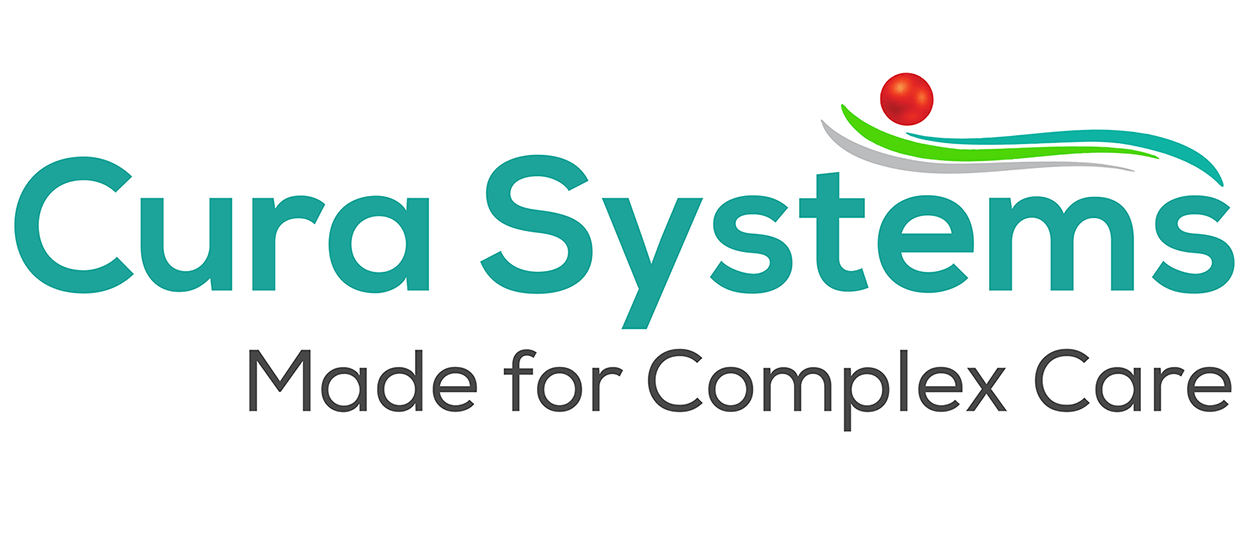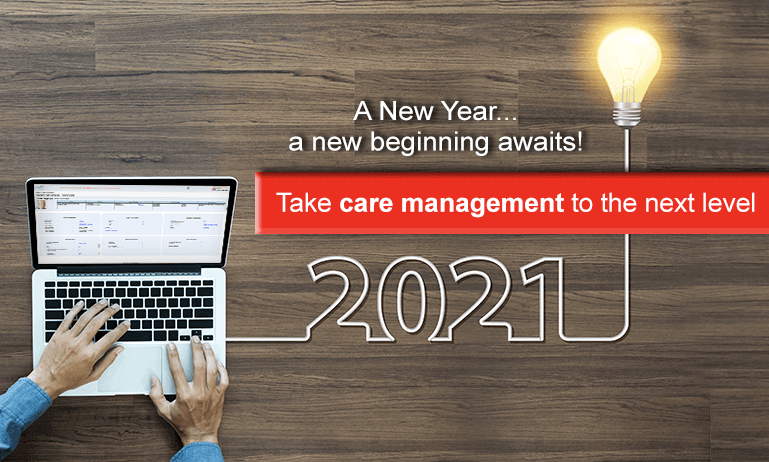Like it or not, technology has crept into our daily lives. And now, it has a rapidly growing role in the long-term social care sector. Tech-savvy care homes now use powerful Tablets and other mobile devices at the point of care delivery to ensure the appropriate care is delivered and on a timely basis.
Unlock Better Care with Cura's Care Planning Systems
Most Service Providers recognise the need for some form of digital support to cope with mounting paperwork but have been slow to embrace technology. Reasons for not adopting technology in care are as varied as the people they care for. Most typically, there is a fear of change acerbated by a lack of understanding of how going digital will improve lives… for owners, for care managers, for care staff and for service users.
According to McKinsey Digital, 45% of almost every job can go digital and the benefits range from increased output, higher quality to improved reliability. Technology also drives value in business in four ways: enhanced connectivity, automation of manual tasks, improved decision making and product or service innovation. Embracing these priorities will influence not only the pace of change within the organisation, but also strengthen and sharpen the competitive edge.
I have been a long-term proponent of the use of technology in the care sector and have concluded the care home industry is way behind in terms of adopting technology (as compared to other healthcare settings). Care providers need to look at ways to bring care to the next level by taking advantage of readily available advancements in care technology.
Transforming Care with Digital Technology during the Covid-19 Pandemic
Covid-19 has left a profound impact on care and it will continue to change the future of care. The virus has put pressure on all aspects of the health system but nowhere more so than the care home sector. New challenges have emerged that could not have been foreseen. A “new normal” has to emerge to enable us to address the challenges care providers are now faced with and to be prepared for re-emergences of Covid or other Corona Virus like infections. Therefore, we must pay attention to what makes delivery of caregiving easier and yet deliver a better quality of care.
Clinical aspects aside, I believe care providers will need greater reliance on technology with the use of smarter digital care systems such as apps to connect to a wider care ecosystem. Having had hands-on experience in both paper-based and digital approaches, technology-based care systems trumps paper, every time!
Technology impacts the social and complex care sector
Technology is the most reliable driving force to improve outcomes! Having worked as a Registered Manager managing mental health services, learning difficulty services and residential care services, I have seen how inaccuracies in paper-based care plans or medication recording can expose the service user to a seriously adverse impact.
Specialised digital care planning systems, such as Cura, can make a significant difference, for example, monitoring service users’ conditions accurately and in real-time by using customisable assessments and personalised care plans. These are specifically designed for residential and nursing, or those providing specialised care to service users living with dementia, long-term chronic illnesses and those with autism and/or learning difficulties. Cura also provides the Managers access to all records in one place, allowing them to oversee all service user records in one secure, user-friendly environment….all this so vital when staff are quarantined and new HCAs are brought in to fill staffing gaps.
Choosing good care planning systems
Given the plethora of care management systems now available, it has become a mind boggling exercise to weed out the offerings that are good at a specific aspect of the provision of care. It’s not just about adopting technology. It is about managing the transformation to a new opportunity for the care providers to improve the way care is delivered; admission process, medication management, documentation of residents’ records, and sharing of vital information in the care ecosystem.
Most systems available on the market are very similar. They will have a database that can be accessed either through a laptop, tablet or mobile phone. They all enable electronic care plans to be produced along with a whole host of other modules. Some will have unique features such as medication management and the costs will vary from company to company. The choice can be bewildering; so, how do you choose which system is best for your environment? These are some aspects you will need to consider:
- Care planning, monitoring and auditing
- Alerts and reminders, with automated handover notes
- The ability to devise your own forms
- Flexible, configurable solution for complex care environments
- Compliance and audit tools
- Policies and quality assurance
- Proactive support through the implementation process and thereafter
- ...and a lot more!
Most importantly, acquiring and implementing a system is an ongoing partnership with the company that you choose. Are they sympathetic to your needs and requirements? Do they listen and offer solutions to your specific problems? Are they reactive to new needs? Does your supplier share your vision of what going digital means?
Tips, Tricks & Traps
- Avoid customised or bespoke care systems. They cost the earth and some!
- Short-term trials are useless! Use Pilot studies… test & learn
- Start as you mean to continue
- Don’t automate a job…automate the process!
- Check supplier references (not product references) & commitment to future of care
- Redefine work…Reduction in staff is not the aim, at least not in the short term
- Investment should be proportional to the benefit
- Be selective – Start where digital records are likely to deliver the greatest return and the best outcomes.
- Don’t try to automate everything at once.
- Set reasonable goals for expectations and outcomes
- Business Continuity – Power or ISP or Wi-Fi or Equipment outages?
- Technology by itself delivers no value – needs excellent processes
- Build IT capability – start at the top of the organisation
We are all guilty of doing the same thing repeatedly and expect different results. Ready or not, it’s time to embrace technology that will enable you to take greater control of the care operations and provide better care and better visibility to service users. By adopting digital technology, it will afford you more flexibility in how, when and where you can access care records. It will also reduce administration time for yourself and your staff, giving you time back to be spent with your service users.
It is always a challenging task to deliver outstanding care and the pressure to find ways on how to evidence standards of care and meet Care Quality Commission’s compliance requirements. One important part of becoming a good care manager is to accept change, embrace what the future of care holds and start your digital journey.




